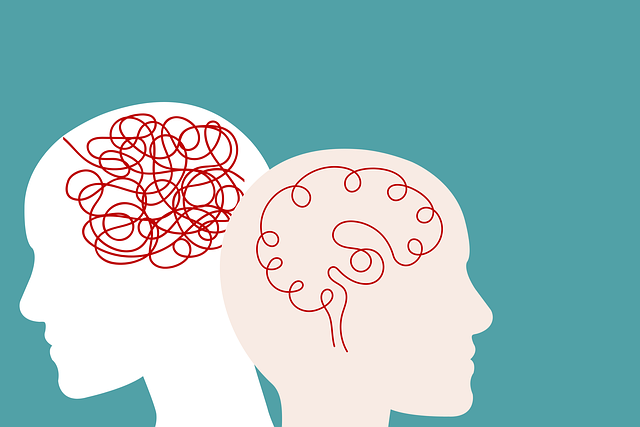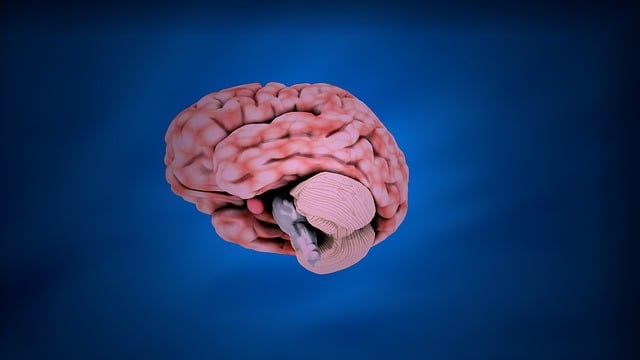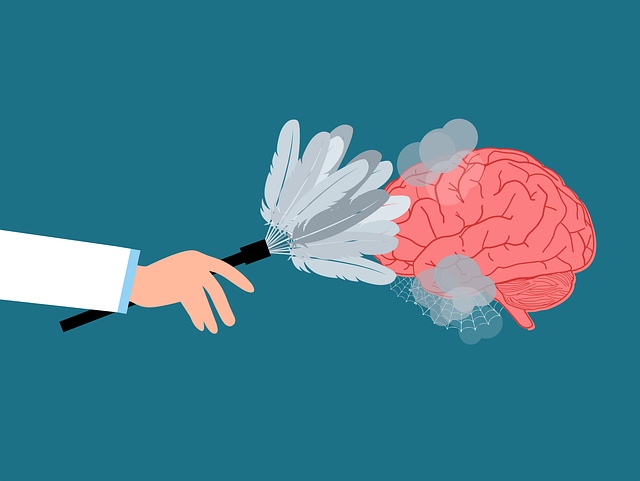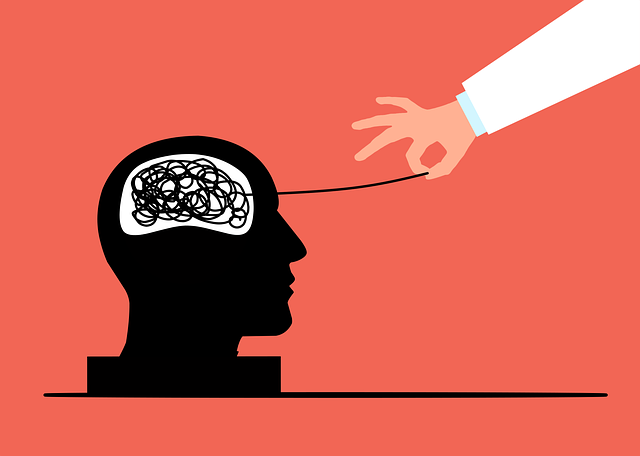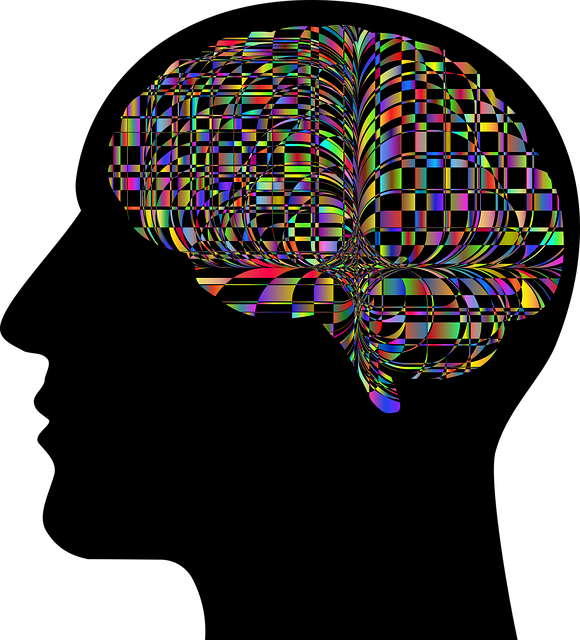Aurora Divorce Therapy focuses on teaching effective emotion regulation techniques as a core competency during divorce, empowering clients with tools like communication strategies, self-care practices, and self-awareness exercises. Through holistic practices including workshops, individuals gain emotional intelligence, build resilience, and learn to manage stress, leading to healthier relationships and improved well-being post-divorce. This Aurora Approach prioritizes personalized strategies tailored to each client's unique needs, fostering mental clarity, adaptability, and rational decision-making during a challenging period.
Emotion regulation is a cornerstone of effective divorce therapy, helping individuals navigate the complexities of separation with grace. In this comprehensive guide, we explore techniques that foster emotional resilience, focusing on the innovative Aurora Approach. Learn how these strategies can empower divorcing individuals to manage stress, anger, and sadness, ultimately accelerating recovery. Discover the long-term benefits of mastering emotion regulation and its pivotal role in the context of Aurora Divorce Therapy.
- Understanding Emotion Regulation and Its Importance in Divorce Therapy
- The Aurora Approach: A Unique Perspective on Teaching Emotional Control
- Practical Techniques for Effective Emotion Regulation in Divorce Cases
- Benefits of Learning to Regulate Emotions: Long-term Impact on Divorce Recovery
Understanding Emotion Regulation and Its Importance in Divorce Therapy

Emotion regulation is a vital skill to teach within the context of divorce therapy. It’s about helping individuals understand and manage their feelings in healthy ways, which can significantly impact their overall well-being during and after a separation. In Aurora Divorce Therapy, we recognize that divorce often brings about a whirlwind of emotions—from sadness and anger to fear and uncertainty. Teaching clients effective emotion regulation techniques empowers them to navigate these complex feelings, fostering resilience and promoting positive coping strategies.
This process involves introducing various tools such as communication strategies, self-care practices, and self-awareness exercises. By learning to recognize and express their emotions constructively, individuals can improve their relationships with themselves and others, making the divorce process smoother and leading to healthier post-divorce lives.
The Aurora Approach: A Unique Perspective on Teaching Emotional Control

The Aurora Approach offers a distinctive method for teaching emotional control, drawing inspiration from the holistic practices of Aurora Divorce Therapy. This approach recognizes that managing emotions effectively is not just about suppressing or ignoring them but understanding and integrating them into one’s life in a healthy way. By fostering empathy and self-awareness, individuals can develop a deeper connection with their feelings, enabling them to make sense of them rather than being overwhelmed.
This unique perspective emphasizes the importance of building confidence in managing emotions, which is crucial for navigating stressful situations. Through interactive techniques and personalized strategies, the Aurora Approach equips individuals with the tools to regulate their emotional responses, leading to improved well-being and enhanced relationships. The stress management workshops organized by this therapy center are designed to teach practical skills, helping participants to not only understand but also apply empathy building strategies in their daily lives.
Practical Techniques for Effective Emotion Regulation in Divorce Cases

Teaching effective emotion regulation techniques is particularly crucial in divorce cases where clients often face a whirlwind of overwhelming emotions. At Aurora Divorce Therapy, we emphasize practical strategies that empower individuals to navigate their feelings constructively. Through our specialized therapy programs and workshops, such as those focused on emotional intelligence and coping skills development, we help clients build resilience and stress management abilities.
These techniques are not one-size-fits-all; they’re tailored to each individual’s unique needs. Our trained therapists guide clients in identifying their emotional triggers and teach them healthy responses, enabling them to manage stress effectively. By participating in our workshops, divorce recipients learn valuable coping skills that transcend the challenges of their current situation, fostering a sense of control and well-being.
Benefits of Learning to Regulate Emotions: Long-term Impact on Divorce Recovery

Learning to regulate emotions is a powerful tool with profound long-term benefits, especially for individuals navigating divorce recovery. Aurora Divorce Therapy emphasizes the importance of understanding and managing one’s emotional responses, which can significantly enhance well-being during this challenging period. By adopting effective emotion regulation techniques, individuals can foster better mental resilience and adaptability. This skill set enables people to navigate the complexities of divorce with greater clarity and composure, reducing the risk of prolonged emotional distress.
The mind over matter principles taught through these therapies empower individuals to take control of their emotional reactions. This proactive approach is crucial in mitigating the impact of stress and anxiety associated with divorce, as evidenced by various risk assessments for mental health professionals. With improved emotion regulation, individuals can make more rational decisions, maintain healthy relationships, and promote personal growth—all essential factors contributing to a smoother divorce recovery process.
Emotion regulation techniques are invaluable tools for individuals navigating divorce, as evidenced by the success of Aurora Divorce Therapy’s unique approach. By teaching clients practical methods to manage and understand their emotions, this therapy enhances long-term recovery and fosters resilience. The combination of theoretical understanding and hands-on strategies, such as those outlined in this article, empowers individuals to navigate the complexities of divorce with greater emotional control, ultimately leading to a smoother transition and improved well-being.


